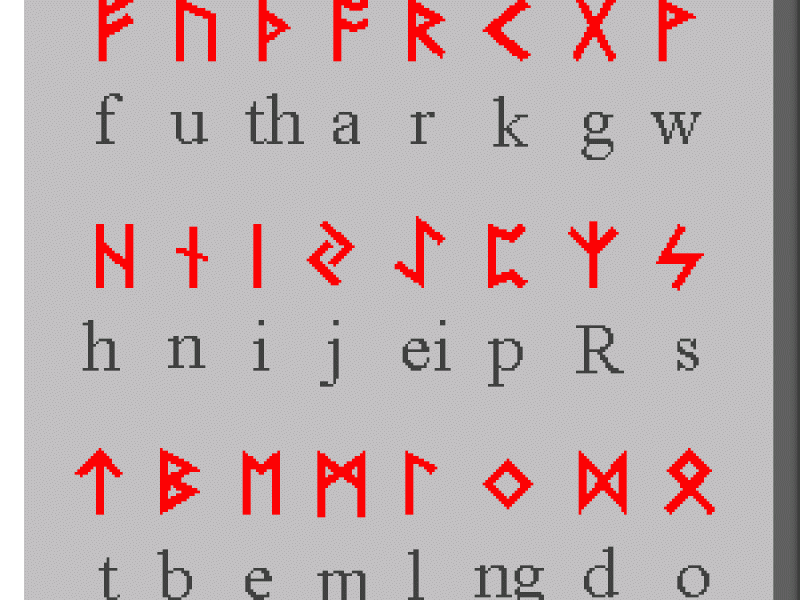Wild Hunt
The Wild Hunt was a popular folklore found in Scandinavian and Germanic myths, as well in later folklore in Britain and northern European countries, which changed over the centuries.
The group of hunters were variously known as the Furious Host or Raging Host. The hunt usually took part during winter, with a spectral host of horsemen riding through the stormy sky, with their ghostlike hounds. The chilling sound of the hunting horn could be heard reverberating through the woods and meadows.
In the Norse myths, the original leader of the hunt was the god Odin, known in Germanic myth as Wodan. Odin rode his eight-legged horse, called Sleipnir. His company of hunters were the Valkyries and the dead warriors who resided with him in Valhalla.
The hunt began on Winter Nights (October 31) and didn't end until May Eve (April 30) of the following year. These two nights were special, because lights went out on all Nine Worlds and the spirits and goblins were free to roam on the earth's surface. However, the height of the Wild Ride fell on the night of midwinter festival, known as Yule (December 21), traditionally the shortest day of the year in Scandinavia and Germany.
In other legends, different names were given for the leader of the Hunt, depending on the regions in Europe and the different periods. Some of the lead hunters were legendary and historical rulers, such as King Arthur, Charlemagne, Herla and Frederick Barbarossa.
There is even a Welsh legend about the Wild Hunt, whose lead bunter was said to be named Gwyn ap Nudd, an otherworldly fairy ruler. Gwyn owned a pack of fairy hounds known as cw'n annwfn. The Welsh Arthur was sometimes said to be the leader, as it is the case in the tale of Culhwch and Olwen in the Mabinogion, where they hunted the deadly wild boar, Twrch Trwyth. Gwyn was usually associated with the Welsh May Day (Calan Mai).
According to English folklore, the Wild Huntsman was Herne, who appeared in Shakespeare's play, The Merry Wives of Winsdor. Herne was perhaps a historical figure, living at the time of Richard II of England, during the 14th century. Herne saved the king's life from the deadly antlers and killed the white stag, but he himself was dying. A wizard saved his life by placing the stag's antlers on Herne's head, and chanting a spell. Herne discovered that he would lose his skills in hunting and tracking as payment for his survival. Herne loved hunting more than anything else in his life. He was distraught, and fell into depression and died. His body was discovered in his forest, near the castle of Winsdor. Since then, he has reappeared with other ghostly companions, doing what he loved most - hunting.
Related Information
Name
Wild Hunt.
Related Articles
Odin (Wodan), Freyja.
King Arthur.
By Jimmy Joe






